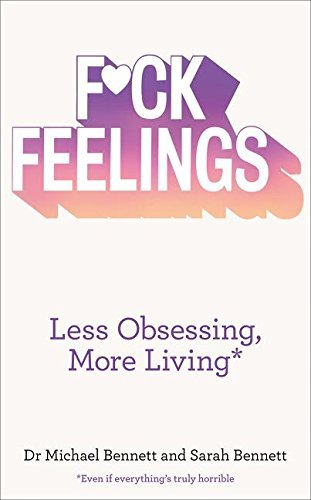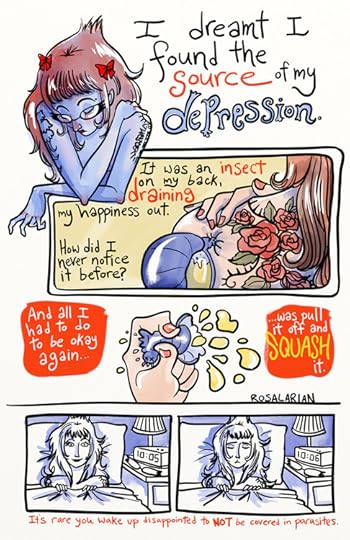What do you think?
Rate this book


370 pages, Paperback
First published September 1, 2015



F*uck Feelings explains that, in most cases, you have not failed and do not need to try harder or wait longer for improvement to begin; instead, you need to accept that life is hard and your frustrated efforts are a valuable guide to identifying what you can't change -- about your personality, behavior, spouse, kid, feelings, boss, country, pet, etc. -- the F*uck Feelings approach shows you how to become much more effective at managing life's impossible problems, instead of vainly and persistently trying to change them. If you're willing to accept what you can't change, we have many positive suggestions for improving the way you manage the shit on your plate -- beginning with not wasting time repeating what hasn't been working.
-Not funnyAnd so I did not find it particularly inspiring or meaningful in anyway. I guess that's not what Bennett's really going for, but it means that I didn't find the book particularly helpful, either.
-Repetitive
-In need of some kind of empirical support